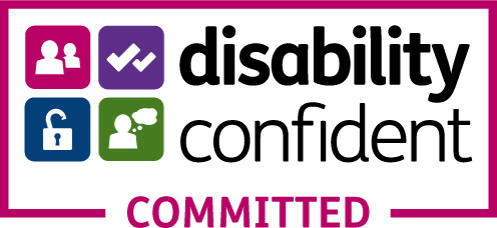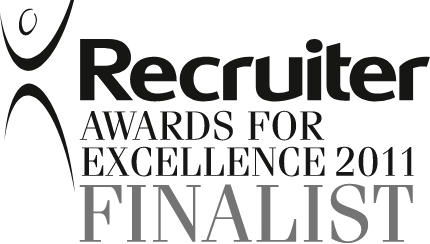Interviewing 101: Incorporating Behavioural Interview Questions
As a recruitment manager, naturally you want to recruit new employees who are a good fit for your team and your business, in addition to being appropriately qualified.
While a potential employee may appear perfect on paper and tick all the right skills boxes, it is important to make sure you’re getting the full story before you commit to hiring.
Though psychometric testing can be used at various stages of the hiring process to build a better picture of a candidate’s characteristics, it often requires significant time and investment. Instead, to help you get a clear idea of whether a candidate is a good fit for your company, try a more behavioural approach at interview rather than focusing purely on skills, work history and qualifications.
Open up the questions for more insightful responses
Steer away from the typical, “tell me about a time that you worked well as part of a team” or “have you ever lead in a managerial role?” type questions, where the answers will come back at you as quickly as you ask them. Instead, to get deeper insight into a candidate’s character and work ethic, it’s often necessary to pose your questions in a more conversational tone.
If you ask a candidate to describe how they’ve dealt with a challenging scenario, you are much more likely to draw out answers that show the ‘real’ person sitting across the table. If you still feel that their answer is quite closed, try using supplementary questions such as “what happened next? How did the other person feel? What was the outcome?” to probe further and observe their response.
To help you along, here are three behavioural interview questions we’ve put together which will provide you with insight into what really makes your candidates tick.
1. Tell me about a difficult decision you’ve made in the last year.
Any job comes with challenges and problems to overcome, it’s important to know that the candidate is purposeful and careful in weighing up the options when making tough decisions. Look for evidence of strong critical thinking skills and a clear thought process.
2. Give me an example of a time when something you tried to accomplish and failed.
Their answer should demonstrate resilience, problem solving, their approach to team work and potentially leadership abilities, how they handle setbacks – look for their ability to take responsibility for their own mistakes (or are they blaming everyone else). Do they show a learning approach to processing the information that came from the experience? How did they used it to improve?
3. What strategies do you use to manage stress at work? Describe a time when you were faced with a stressful situation that demonstrated your coping skills.
Not ‘do you handle stressful work easily?’ instead you are asking how the candidate manages stress at work. You are looking for concrete plans of action, good habits, forward planning and goal setting.
Though these questions will likely prove challenging for even the most experienced interviewee, they will open up an invaluable dialogue and provide you with an insight into a candidate’s previous experiences as well as their attitude towards work.
Our Awards and Accreditations













 03333 235 900
03333 235 900 Login / Register
Login / Register
